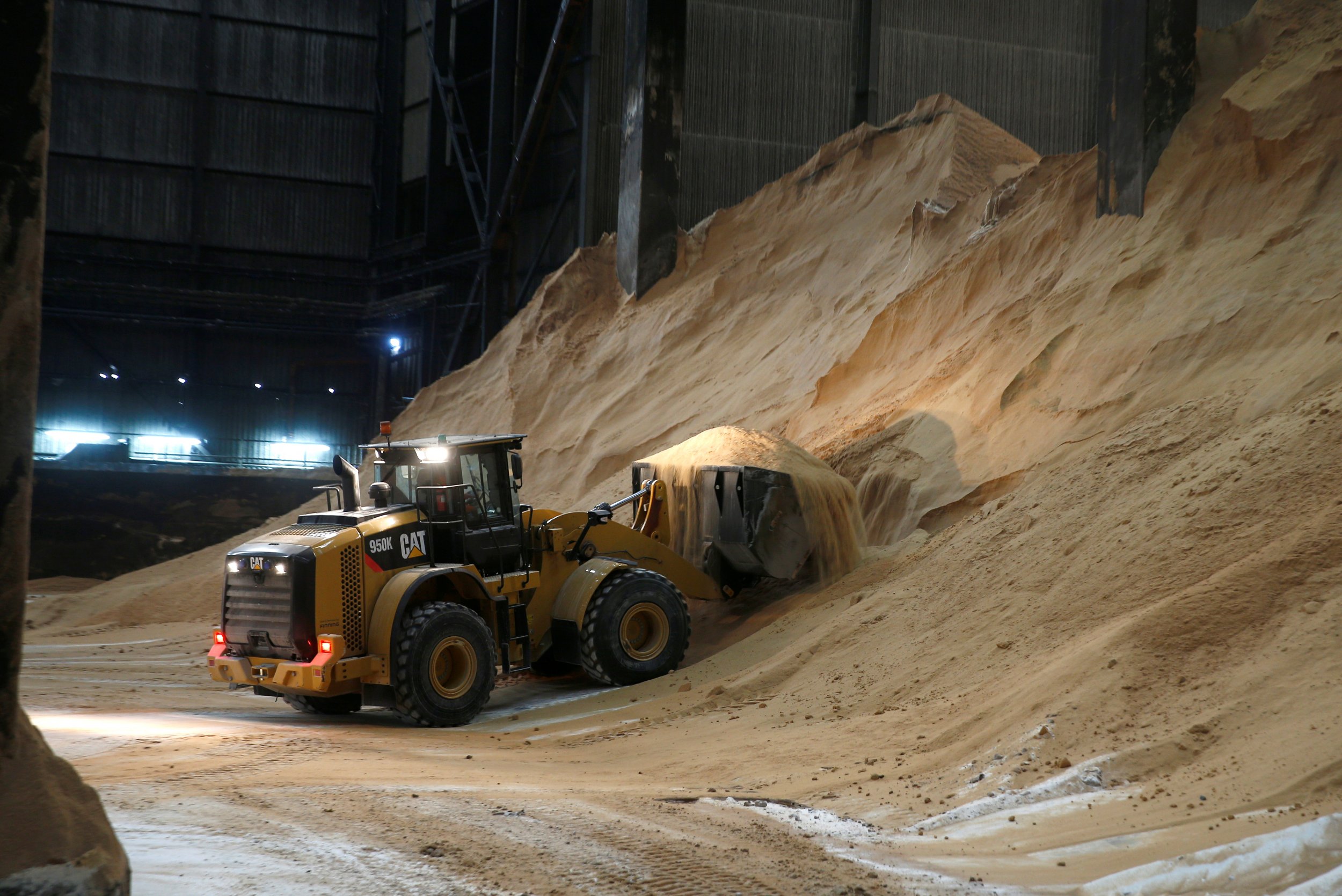
The coming election isn't just about a US President who will affect the citizenry for years to come. It's also about local initiatives that could have a huge public impact by reducing both disease and health care costs. To wit: Voters in Boulder, CO, and 3 cities in California have a chance to approve a tax on sugary drinks. There's some hope this is a trend.
The taxes would be levied on distributors, not directly on retail sales. But distributors would pass along the increase, so retailers are expected to raise prices. Research shows that higher soda costs reduce consumption. Which is the point. The California taxes would go up a penny an ounce and 2 cents an ounce in Boulder.
There's interest in taxes on sugary drinks in lots of places. The World Health Organization is backing a 20 percent-50 percent tax on all sugar-sweetened beverages, according to Karen Kaplan at ScienceNow. That involves many more products than just soda. It also includes sports drinks, energy drinks, fruit punch, sweetened iced tea, vitamin waters and lemonade.
Local authorities' enthusiasm for a soda tax appears to be related to immediate increased revenue, but for most of the taxes' backers, these measures have a different aim: improving public health. Kaplan explains that more than half a billion of the world's adults are obese, meaning a BMI of >30. That's 11 percent of men and 15 percent of women worldwide, more than double 1980 figures. It's much worse in the U.S.: 34 percent of men and 38 percent of women. As you know, obesity increases the risk of heart disease, stroke, some cancers (breast, colorectal, renal cell, esophageal, endometrial, gallbladder, thyroid.) And, of course, diabetes.
"WHO officials say that consumption of added sugar is the root of these ills. This includes not just table sugar but the honey, syrups and fruit juice concentrates that find their way into processed foods," Kaplan wrote.
At Vox, Julia Belluz reports that both billionaires and (not surprisingly) soda makers are spending many millions trying to influence the US votes. The billionaires are on the side of the angels this time, lobbying in favor of sugary drink taxes.
They are fighting not just the industry, but sometimes health-related organizations too. Writing about a new study (free to read) published by the American Journal of Preventive Medicine, Kerry Lauerman reported at To Your Health that nearly 100 health and medical groups have accepted money from Coke and Pepsi. The list includes the American Heart Association, the American Diabetes Association, and the Centers for Disease Control and Prevention. Anahad O'Connor reported at Well that the study was able to link sodamakers' contributions to some groups' opposition to efforts to tax soda.
Belluz observes: "the fight over soda taxes is looking eerily similar to the tobacco wars. Like the misinformation campaigns spread by cigarette companies for years, we now know the sugar industry and soda companies have been sponsoring health groups and obesity and nutrition researchers with the goal of distorting science and how it's communicated to the public."
Meanwhile, Pepsi has announced proudly that it intends to cut sugar in its drinks. Pepsi is vowing that at least two-thirds of its "global beverage portfolio volume" will have 100 calories or fewer from added sugars per 12-ounce serving. Marion Nestle is skeptical.
At Food Politics she argues that the move is an effort to head off soda taxes, which Pepsi is spending millions fighting. Also, she points out that the announcement is not clear on two critical points. First, Pepsi makes loads of drinks that are under 100 calories/12 oz., so what percentage of Pepsi products already meet its stated goals? Second, "Will the marketing dollars shift from full-sugar to lower-sugar options?"
Nestle notes that Pepsi's record on reduced sugar is not encouraging. In 2009, it pledged to reduce sugars in its drinks 25% by 2020. "The result? An increase in average sugars of 4 percent so far."
This article originally appeared in On Science Blogs, published by PLOS.
Uncommon Knowledge
Newsweek is committed to challenging conventional wisdom and finding connections in the search for common ground.
Newsweek is committed to challenging conventional wisdom and finding connections in the search for common ground.
About the writer
To read how Newsweek uses AI as a newsroom tool, Click here.





